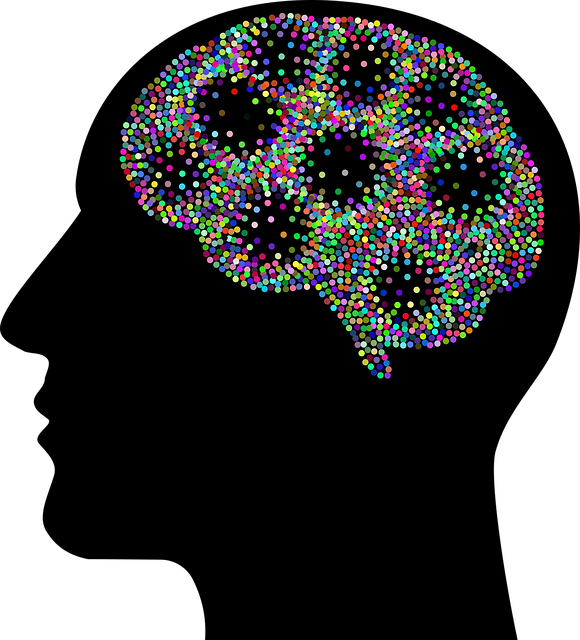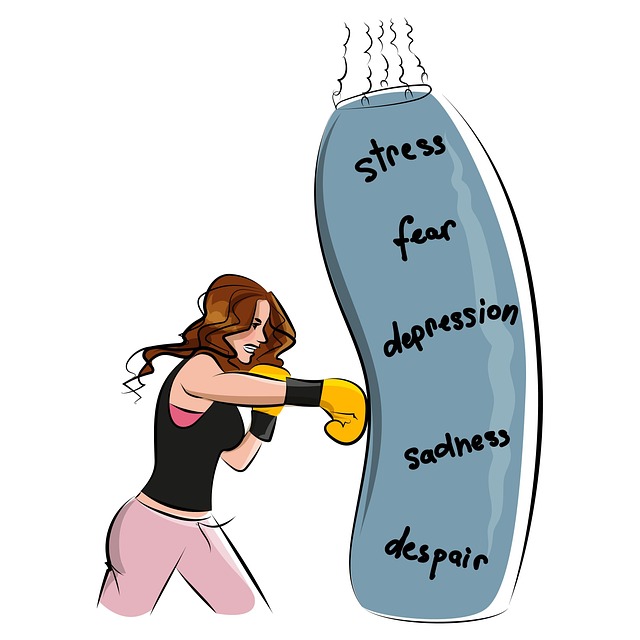Mental illness stigma in communities like Englewood severely affects individuals across demographics due to historical misconceptions, media portrayals, and outdated beliefs. This leads to social isolation, anxiety, depression, and limited access to treatment. Englewood Cancer Issues Therapy (ECIT) combats this through open dialogues, empathy-building, and education. They focus on communication strategies for healthcare providers, community outreach to dispel myths, and early intervention programs. Reducing stigma requires collaborative action including education, open conversations in diverse settings, accessible therapy services, person-first language, and sharing personal narratives. Community engagement through events, workshops, and support groups normalizes discussions, breaks down stereotypes, and encourages help-seeking without judgment.
Mental illness stigma is a pervasive issue with profound impacts on individual well-being. This article explores strategies to reduce mental health stigma, delving into its causes and consequences. We present effective approaches, emphasizing community engagement as a powerful tool. By understanding the complex nature of stigma, we can foster supportive environments, mirroring the transformative power of therapy in Englewood cancer issues. Join us as we navigate paths towards a more inclusive society, where mental illness is met with compassion and understanding.
- Understanding Mental Illness Stigma: Causes and Consequences
- Strategies for Effective Mental Illness Stigma Reduction
- Community Engagement: A Powerful Tool in Combating Stigma
Understanding Mental Illness Stigma: Causes and Consequences

Mental illness stigma is a pervasive issue that affects individuals across various demographics, with communities like Englewood often bearing the brunt of its negative impacts. Understanding the causes and consequences of this stigma is crucial for developing effective reduction efforts. Historically, mental health conditions have been surrounded by misconceptions and fear, leading to ostracization and discrimination. This societal perception has roots in a lack of education, media portrayal, and outdated beliefs about the nature of mental illness. As a result, people facing mental health challenges often experience anxiety, depression, and social isolation, hindering their access to treatment and support.
Englewood Cancer Issues Therapy (ECIT) highlights the importance of communication strategies in combatting stigma. By fostering open dialogues, ECIT promotes understanding and empathy, dismantling stereotypes one conversation at a time. Additionally, healthcare providers play a pivotal role in burnout prevention strategies, ensuring they are equipped to offer compassionate care without succumbing to exhaustion. Community outreach programs implementation is another powerful tool; these initiatives raise awareness, dispel myths, and encourage early intervention, ultimately reducing the stigma surrounding mental illness and fostering inclusive environments.
Strategies for Effective Mental Illness Stigma Reduction

Reducing stigma around mental illness requires a multifaceted approach, engaging various sectors and individuals within communities. One effective strategy is to raise awareness through education programs that dispel myths and provide accurate information about mental health conditions. Encouraging open conversations about mental wellness in schools, workplaces, and public forums can help normalize discussions around these issues, mirroring successful initiatives seen in the Englewood community with cancer-related stigma reduction efforts.
Additionally, providing access to Trauma Support Services and promoting Mood Management techniques through therapy and counseling can empower individuals to take charge of their mental health. Communication Strategies, such as using person-first language and sharing personal narratives, further foster empathy and understanding. By combining these approaches, we can create a more inclusive environment where people feel supported and encouraged to seek help without fear of judgment or discrimination.
Community Engagement: A Powerful Tool in Combating Stigma

Community engagement plays a pivotal role in reducing the stigma surrounding mental illness, fostering understanding and empathy. By bringing people together from diverse backgrounds, we create a collective consciousness that challenges stereotypes often associated with mental health struggles. Through community events, workshops, and support groups, individuals can share their experiences, break down barriers, and educate others about the realities of mental health issues. This collective effort not only enhances mental health awareness but also encourages early intervention and seeks appropriate therapy for those in need.
Engaging communities in conversations around mental well-being helps to normalize discussions on topics like stress management and self-esteem improvement, which are integral aspects of overall health. By integrating these conversations into the social fabric, we reduce the fear and embarrassment often deterring individuals from seeking help. Ultimately, a stigmatized community can transform into a supportive network, where open dialogue leads to better access to resources, improved outcomes in therapy, and enhanced quality of life for all members, especially those facing Englewood cancer issues or other mental health challenges.
Mental illness stigma, a pervasive obstacle to seeking help, can be effectively challenged through understanding its root causes and implementing strategic solutions. By fostering open dialogues, educating communities, and promoting supportive environments, we can significantly reduce the negative consequences associated with mental health conditions. Engaging entire communities, similar to tackling complex cancer issues, requires collective effort and empathy. Embracing diverse perspectives and employing evidence-based practices, such as those utilized in cancer therapy, paves the way for a more inclusive and compassionate society where individuals facing mental illness are empowered to heal and thrive.














